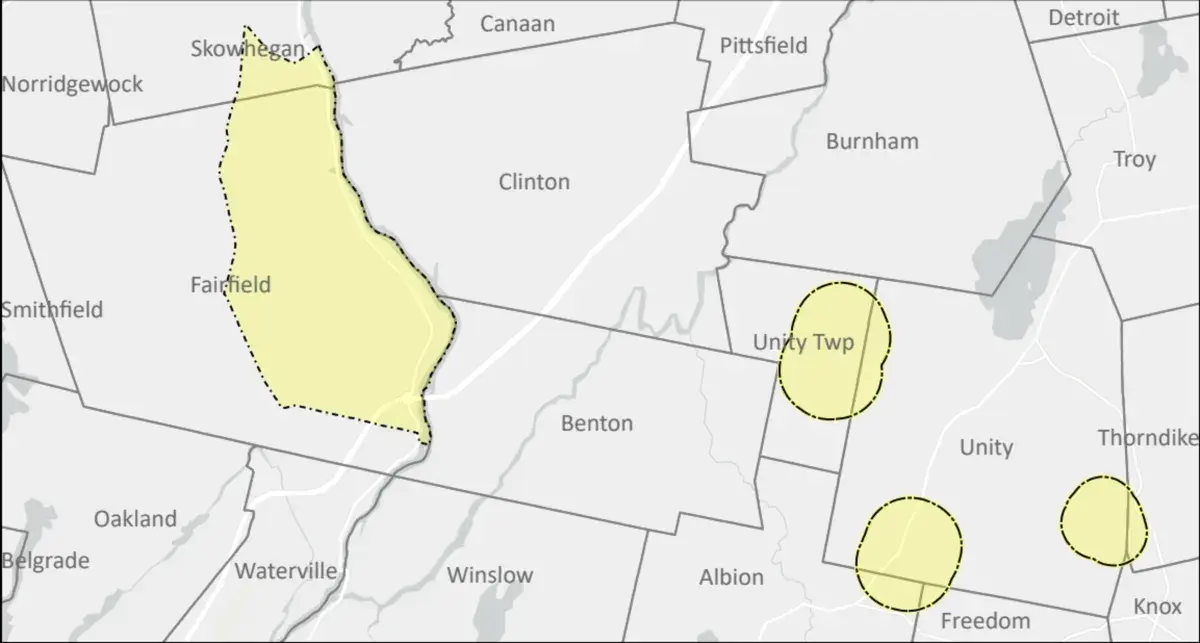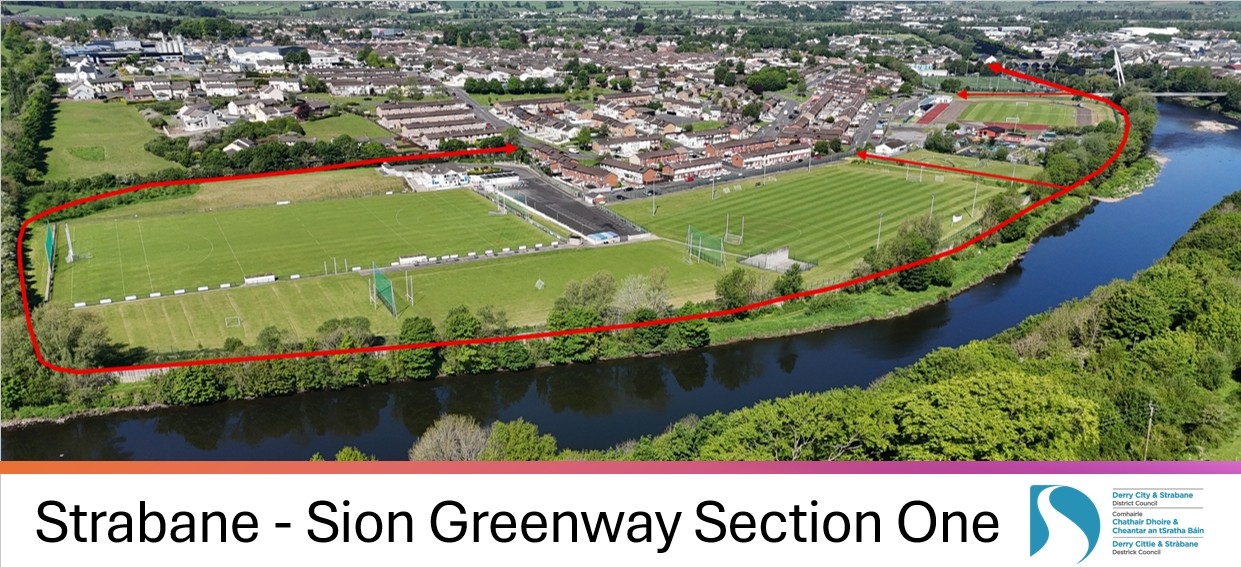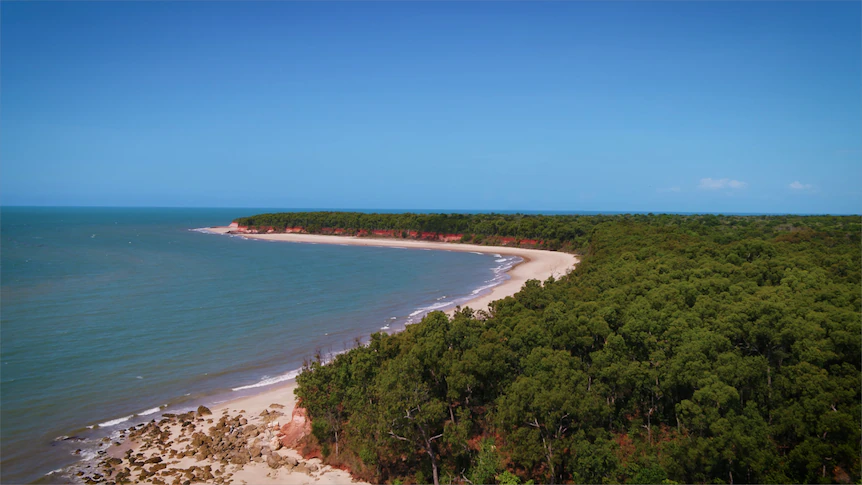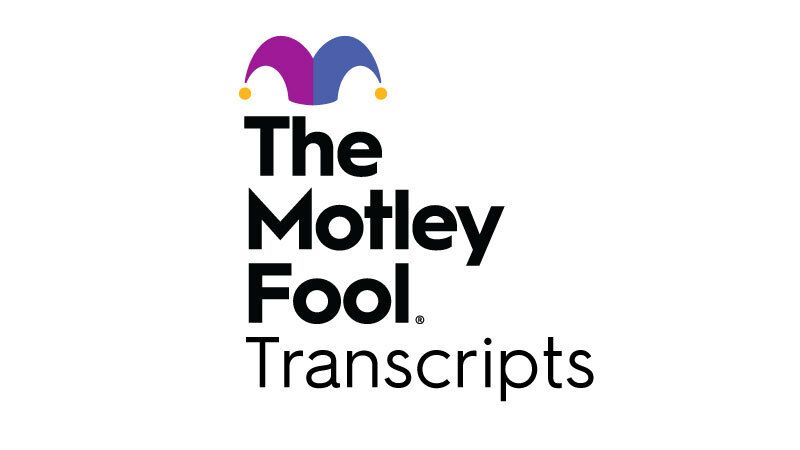Copyright Newsweek

A map published by the Maine Department of Inland Fisheries and Wildlife (MDIFW) shows where people are urged not to eat wild turkey or deer hunted in the area amid concerns that the game could be contaminated by "forever chemicals." In October, the MDIFW expanded the Do Not Eat advisory to include portions of Knox, Thorndike and Unity, among other locations already included in the warning area. Newsweek reached out to MDIFW by email for comment. Why It Matters With Thanksgiving only weeks away, some people are beginning to contemplate their holiday menu. Many hunters will consider wild turkeys for their holiday meals. In Maine, wild turkey is popular among hunters, according to the MDIFW. The bird is abundant, and turkey hunting requires less gear than hunting other, larger game. However, people should not consume any turkey hunted in specific areas because of contamination from per- and polyfluoroalkyl substances (PFAS) that could harm human health, the MDIFW warned. What To Know PFAS encompass thousands of man-made chemicals found in everyday items like non-stick cookware, fire-fighting foams, grease-resistant food wrappers, water-resistant clothing and other items. PFAS are known as "forever chemicals" because of the long time it takes the chemicals to break down. Studies link long-term PFAS exposure to elevated risks for certain types of cancers, lower infant and fetal growth, increased cholesterol, and weakened immune system functionality. According to state officials, deer and turkeys feeding in affected zones ingest the chemicals, resulting in detectable PFAS levels in their meat and organs that can pose a health risk if consumed. "Do Not Eat" advisories were first issued in Maine in 2021. The expanded "Do Not Eat" advisory for wild turkey and deer in Knox, Thorndike and Unity, Maine, joins advisories already in place for Fairfield, Skowhegan, Unity, Unity Township, Albion, Freedom, Knox and Thorndike. MDIFW published an updated map showing the warning areas on its website. The new advisory follows recent testing in eastern Kennebec and western Waldo counties, which showed that deer and turkey sampled from areas near contaminated soil had PFAS concentrations in muscle tissue high enough to warrant a public health warning. The agencies now recommend that no one consume deer or wild turkey harvested in the specified advisory zones. Cooking the meat does not eliminate the PFAS concentrations, and the MDIFW urged hunters to dispose of any wild turkey or deer hunted in the warning areas. What People Are Saying MDIFW, in an FAQ page about the advisory: "If you or your family have eaten deer or wild turkey from the “Do Not Eat” advisory area, it doesn’t necessarily mean the animal had high PFOS levels nor does it mean you or your family will become ill. However, if the game was harvested from the advisory area, we recommend no longer eating the meat or organs. Your risk of any health effects will depend on how much game from this area you have eaten, and how many years you have harvested deer or wild turkey from this area." The CDC's Agency for Toxic Substances and Disease Registry, in a webpage about PFAS: "PFAS use and presence in the environment are widespread and found in the blood of people and animals all over the world and are present at low levels in a variety of food products and in the environment." What Happens Next The MDIFW said it's unclear how long the advisory will remain in place, as forever chemicals can remain in test areas for years. Targeted sampling of wild turkey and deer from different townships in Maine is underway.



